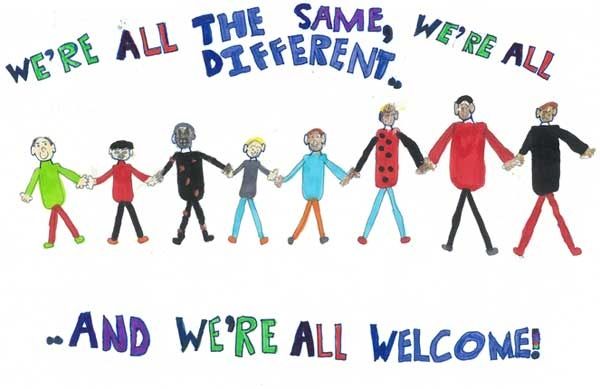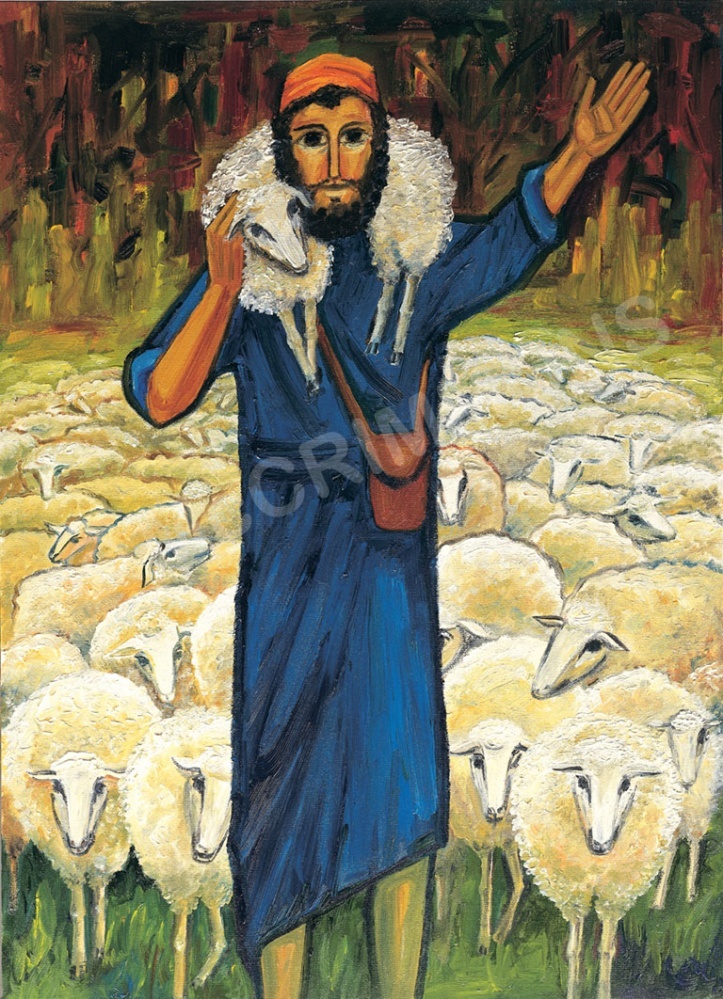Themed categories
News
What Kind of Place? - A personal reflection by Chris McDonnell

In the entrance hall of the Primary School where I served as head teacher during the last fourteen years prior to retirement I had the following text framed and hung on the wall where all could see it. It was attributed to the educationalist Lawrence Downey:
A good school teaches in three ways:
- By what it teaches
- By how it teaches and
- By what kind of place it is
We might vary the wording and in place of school write in parents, community or priest. Let's focus on the text with emphasis on the church community that we experience in the parish and in particular on the third point, what kind of place it is.
There have been a number of letters in the Tablet recently, both in the printed journal and on the website, critical of the manner in which parish communities had been reformed by parish priests without concern for previous practice and without any real consultation with those whose home it is. As might be expected, such actions have given rise to unhappy communities. Caring for relationships enables growth to flourish.
I always regarded the "what kind of place it is" as fundamental to a good school for without attention to the day to day detail it would be easy to fall in to a pattern of process where the end result is achieved but the understanding between people, both pupils and teachers is lost in passing.
We learn to love in a parish setting in so many incidental ways, we respect the space of others, we listen and we support in time of need. Too easily we use the word ‘church' as a synonym for the institution when the church is in fact us, we, the people. Departing from this model has given rise to the comments in the Tablet. To repeat a quote by Seamus Ahearne, a parish priest in Dublin "the parish is holy ground, I take off my shoes". It is owned by no-one, it is lived in by many, it is a home where we are all the same, where we are all also different but above all where we all should be welcome.
As with any family, there will be times when there are disagreements, times of ill-judged words or thoughtless actions. It is then that we need a structure in place that allows us to talk with each other, with our priest, our school, our parishioners, both young and old, to seek forgiveness. Without this, resentment and bad feeling can replace the charity that should be at the centre of our parish home.
Gerard Hughes (him of the walks...) once commented "think globally, act locally". We should bear that in mind when we talk about issues in the church at large for unless the small local bits we presently call parishes function in a Christian spirit, we have little chance of sorting out problems that go beyond diocesan and national boundaries.
It is vitally important that the forthcoming Synod in October and further, the General Synod next year, discuss the family within the reality of where we are and what we experience, day by day. Recent comments by Mary McAleese were blunt and to the point. It is not enough to talk and then pass the results down. We tried that with Humanae Vitae in 1968, with disastrous results.
Sr. Joan Chittister O.S.B. writing in the National Catholic Reporter online suggests four points that should be considered, the last one being "To proclaim the truth that the church is expressed through the sensus fidelium, through "priests, religious, and the people learning and teaching together".
Parish, its priest and people, united in trust, seeking a way together, listening to each other and to the Holy Spirit dwelling in us, is a way to go forward together on the next stage of our journey.
END






